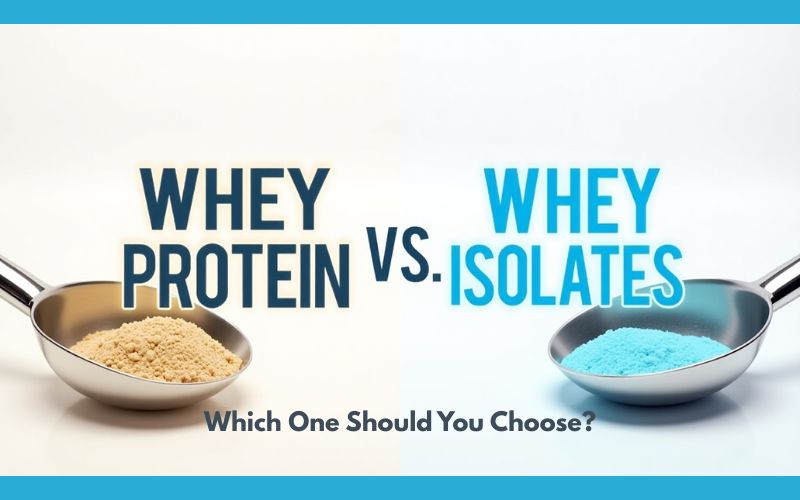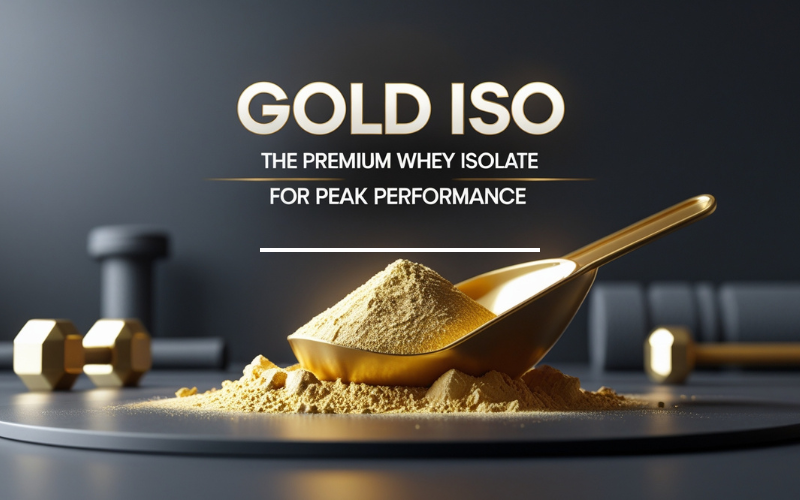You’re trying to fuel your body with the best, but how can you be sure your whey protein is truly organic? With so many misleading labels and additives lurking in the fine print, finding a genuinely pure product feels like a daunting task. Don’t settle for less—learn how to identify the real deal.
Table of Contents
What is Organic Whey Protein?
Organic whey protein is derived from milk sourced from cows that have been raised on organic farms under strict agricultural standards.
- These cows are typically pasture-fed, treated humanely, and their feed is free from synthetic chemicals and genetically modified organisms (GMOs).
- This is the foundation of organic whey: purity, quality, and adherence to natural methods.
- But the journey doesn’t end with a label.
- Identifying true organic whey goes beyond what’s written on the packaging—it’s about understanding how the protein is made and the processes involved.
The Significance of Organic Certification
One of the quickest ways to determine if your whey protein is truly organic is to look for certification. Regulatory bodies such as the USDA, Soil Association, or EU Organic Certification provide seals that confirm the product has met rigorous organic farming standards.
Without this certification, it’s hard to guarantee that the product is genuinely organic. This seal ensures that the whey protein you’re consuming comes from cows that have not been treated with antibiotics, hormones, or fed with chemical-laden crops. Trust the certification—it’s your first step to authenticity.
Examining the Ingredient List
A thorough examination of the ingredient list is crucial.
- Organic whey should have a minimalistic list of ingredients. Ideally, you should see nothing more than “organic whey protein concentrate” or “organic whey protein isolate.”
- If the label contains a litany of synthetic additives, flavors, or artificial sweeteners, this is a red flag.
- Organic whey should be pure, unadulterated, and as close to nature as possible.
- Avoid products with high fructose corn syrup, artificial colors, or any ingredient that seems overly complex.
The Role of the Cow’s Diet in Organic Whey
The cows’ diet plays a pivotal role in ensuring the whey protein is organic. Organic whey comes from cows that graze on organic pastures, meaning their feed is free from pesticides, herbicides, and synthetic fertilizers.
The quality of the milk, and subsequently the whey protein, depends largely on this diet. When cows consume clean, natural forage, the resulting milk is richer in nutrients and free from harmful residues.
To confirm this, look for descriptions like “grass-fed,” “pasture-raised,” or “100% organic feed” on the packaging.
Spotting Additives and Preservatives
Organic products, by definition, should have little to no artificial additives or preservatives. Whey protein that claims to be organic but contains synthetic preservatives, stabilizers, or artificial flavors is likely not genuinely organic.
The presence of such ingredients can compromise the natural integrity of the product. Genuine organic whey proteins typically rely on natural flavors (if any) and avoid chemical additives that could alter the product’s purity.
Always read the small print—preservatives like aspartame, sucralose, or artificial emulsifiers should set off warning bells.
The Importance of Production Methods
Another way to determine if whey protein is organic or not is by examining the production methods.
- Organic whey protein should be processed using methods that retain the protein’s natural structure and nutritional value.
- Non-organic whey proteins are often produced using heat treatment or chemical processes, which can denature the protein and strip away its beneficial properties.
- Organic whey, on the other hand, is typically cold-processed, meaning it undergoes minimal heat exposure, preserving its natural integrity and ensuring a higher quality product.
Comparing Taste and Texture of Organic vs Non-Organic Whey
- Organic whey protein often boasts a more natural, richer taste compared to its non-organic counterparts. Due to the absence of synthetic flavors and additives, it has a clean, slightly milky flavor.
- Non-organic whey proteins, in contrast, may taste overly sweet or artificial due to the inclusion of flavor enhancers and sweeteners. The texture can also differ—organic whey is often smoother and less processed, while non-organic varieties may feel grainier or overly processed. A simple taste test can often reveal a lot about the quality of the whey you’re consuming.
Environmental and Ethical Considerations
Choosing organic whey isn’t just about personal health benefits; it’s also about environmental and ethical responsibility. Organic farming practices focus on sustainability, animal welfare, and reducing the carbon footprint.
Cows on organic farms are treated with higher standards of care, with access to pastures and humane living conditions. Furthermore, organic farming helps preserve soil health, promotes biodiversity, and avoids the use of harmful chemicals that can damage ecosystems.
Conclusion
Identifying organic whey protein goes beyond glancing at a label—it requires understanding the deeper elements of its production, from the cows’ diet to the processing methods. By being vigilant about certifications, ingredients, and production standards, you can ensure that the whey protein you’re choosing aligns with both your health goals and environmental ethics.


























